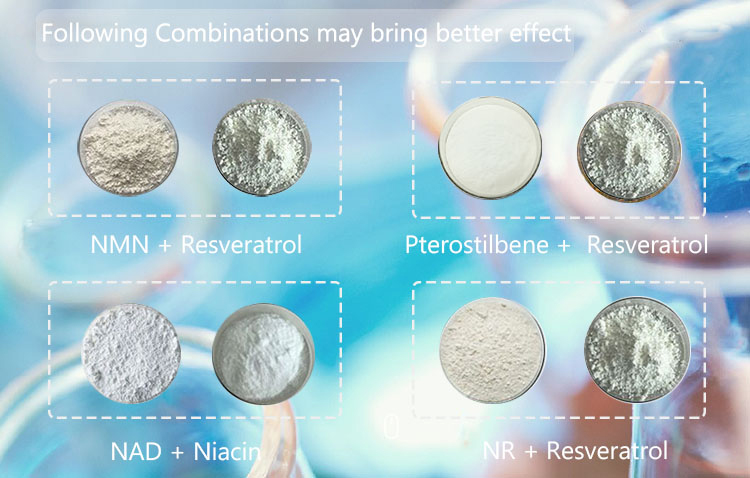Pterostilbene is a natural compound that is closely related to resveratrol and is found in certain plants, including blueberries and grapes. It is often marketed as a dietary supplement and is thought to have various potential health benefits. However, like any supplement or medication, it has its own set of potential efficacy, side effects, and special precautions. Keep in mind that research on pterostilbene is ongoing, and more studies are needed to fully understand its effects. Here’s an overview of what is currently known:
Efficacy of Pterostilbene:
Antioxidant Properties: Pterostilbene is believed to have strong antioxidant properties, which means it may help protect cells from oxidative damage caused by free radicals. This could have potential benefits for overall health and aging.
Cardiovascular Health: Some studies suggest that pterostilbene may help support cardiovascular health by reducing LDL (bad) cholesterol levels and improving lipid profiles. It may also have anti-inflammatory and vasodilatory effects.

Cognitive Function: Pterostilbene has been investigated for its potential cognitive benefits. Some research suggests that it may support brain function and protect against age-related cognitive decline.
Anti-Cancer Potential: Preliminary studies in animals and cell cultures have indicated that pterostilbene may have anti-cancer properties, although more research is needed to determine its efficacy in humans.
Side Effects of Pterostilbene:
Pterostilbene is generally considered safe when taken at recommended doses. However, like any supplement or medication, there can be potential side effects and interactions. Common side effects are usually mild and may include:
Gastrointestinal Distress: Some people may experience mild gastrointestinal discomfort, such as nausea or diarrhea.
Interactions: Pterostilbene may interact with certain medications, such as blood-thinners or antiplatelet drugs. It’s important to consult with a healthcare professional if you’re taking medications and considering pterostilbene supplementation.
Special Precautions of Pterostilbene:
Pregnancy and Breastfeeding: There is limited information on the safety of pterostilbene during pregnancy and breastfeeding, so it’s best to avoid it in these situations unless advised by a healthcare provider.

Blood Clotting Disorders: If you have a blood clotting disorder or are taking medications that affect blood clotting, be cautious when using pterostilbene. It may have antiplatelet effects that could increase the risk of bleeding.
Surgery: If you’re planning to undergo surgery, it’s important to inform your surgeon about any supplements you’re taking, including pterostilbene, as it may affect bleeding and clotting.
Dosing: It’s essential to follow recommended dosages and guidelines for pterostilbene, as excessive intake can lead to adverse effects.
Always consult with a healthcare professional before starting any new supplement regimen, especially if you have pre-existing medical conditions or are taking medications. They can provide personalized guidance based on your specific health needs and circumstances.
